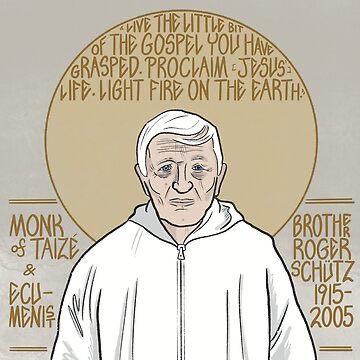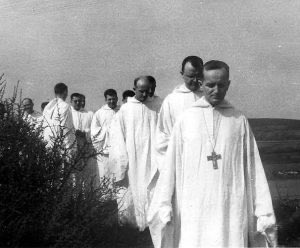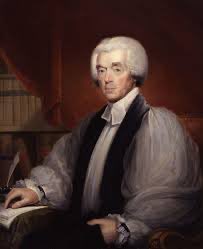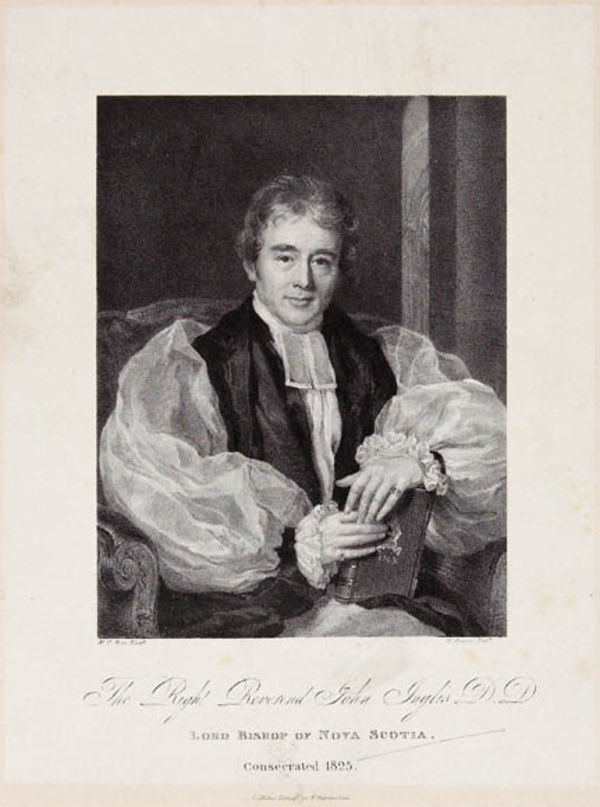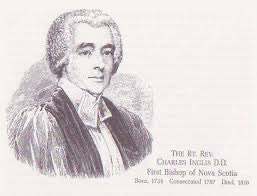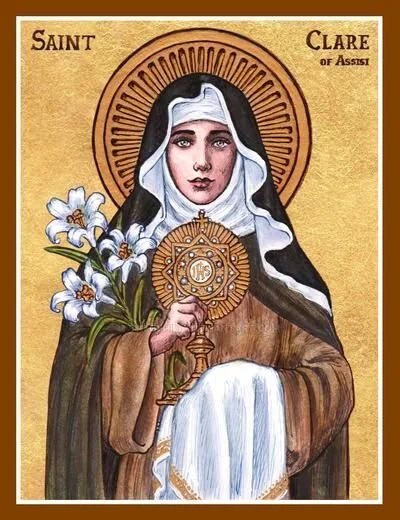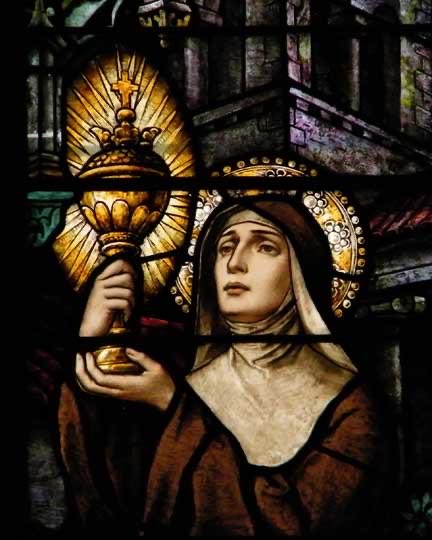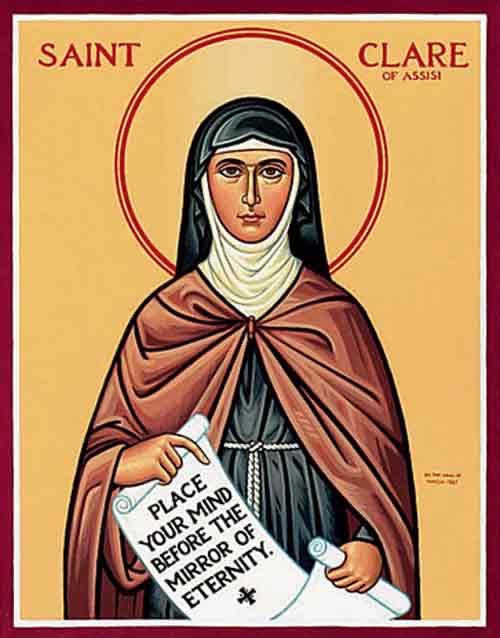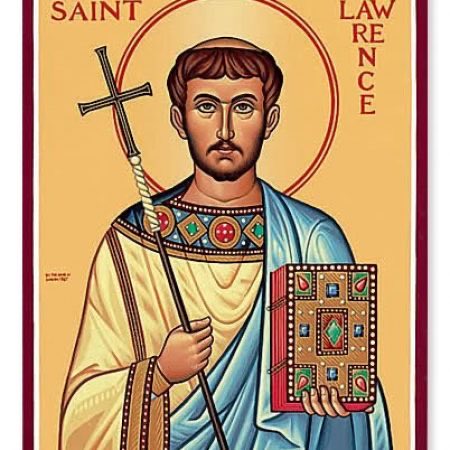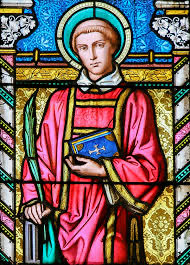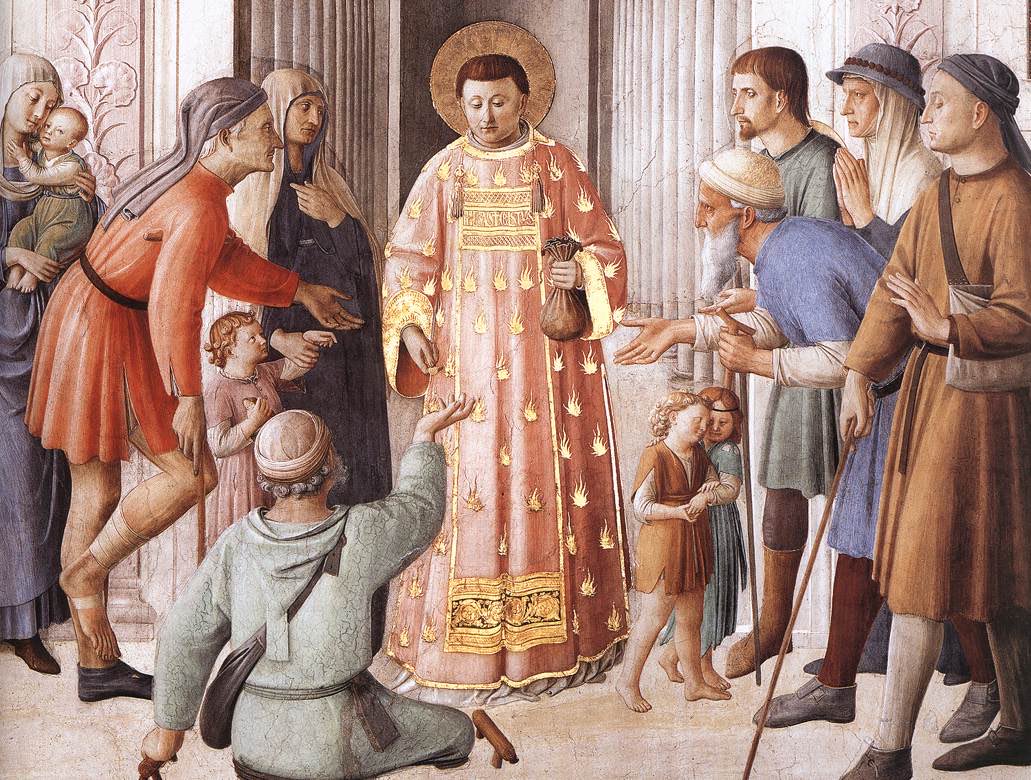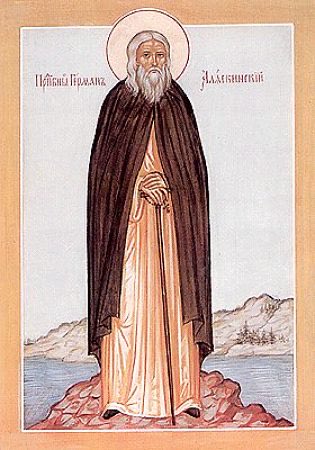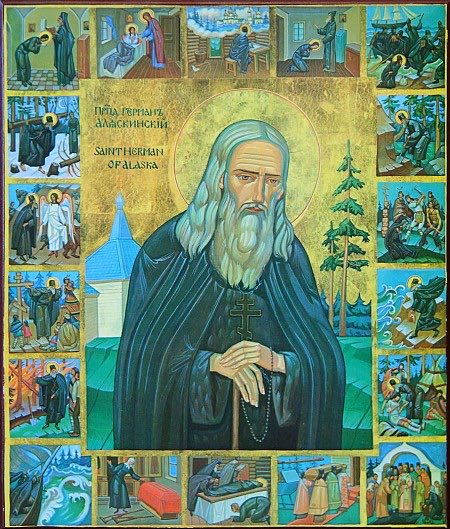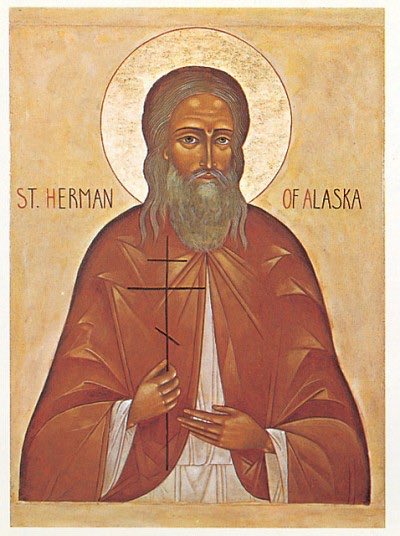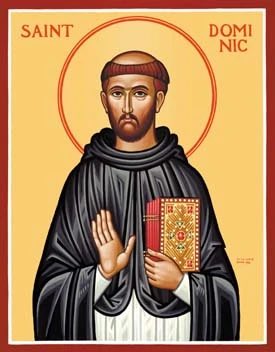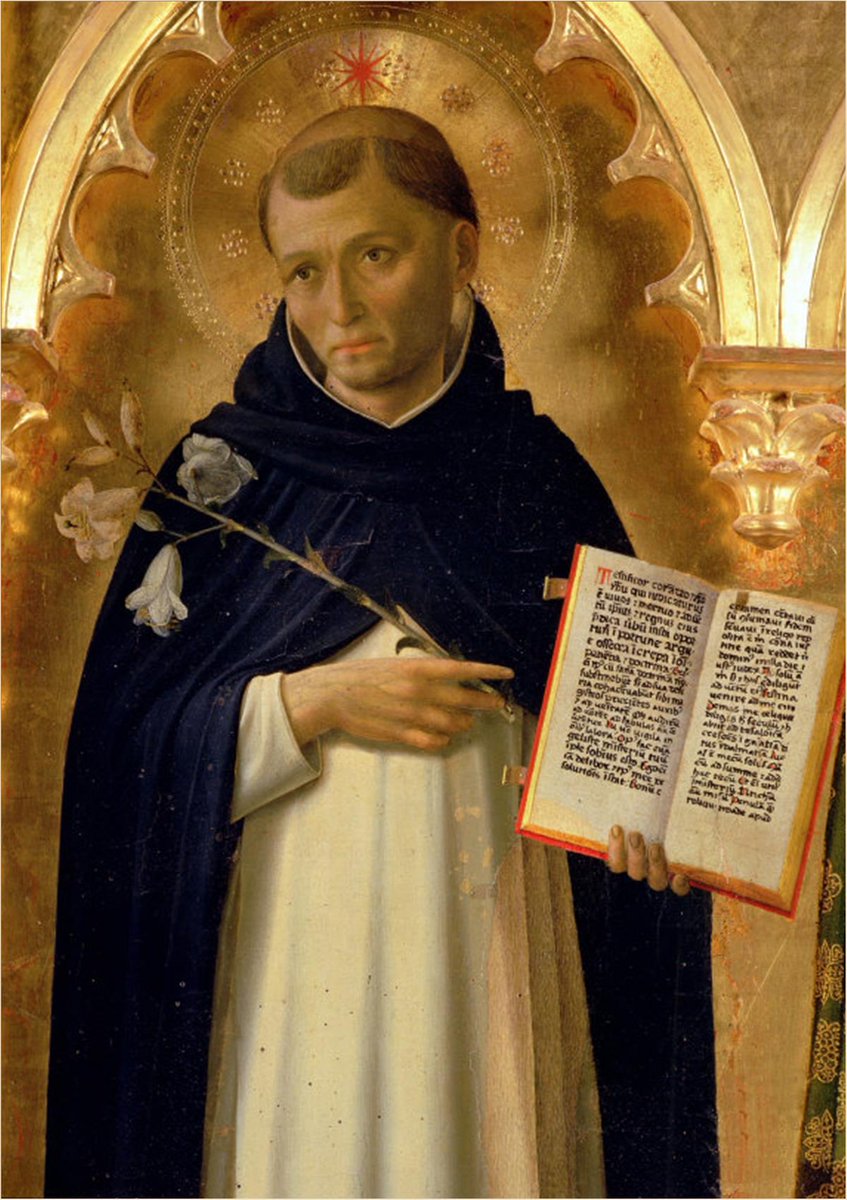🌅 Good Morning!
✝️🧵
1/
In today’s Daily Office, we remember Jeremy Taylor (1613-1667), an influential Anglican clergyman, theologian, and author known as the "Shakespeare of Divines" for his poetic prose style, who served as Bishop of Down and Connor in Ireland and is remembered for his devotional writings, particularly "Holy Living" and "Holy Dying," which have had a lasting impact on Anglican spirituality.
✝️🧵
1/
In today’s Daily Office, we remember Jeremy Taylor (1613-1667), an influential Anglican clergyman, theologian, and author known as the "Shakespeare of Divines" for his poetic prose style, who served as Bishop of Down and Connor in Ireland and is remembered for his devotional writings, particularly "Holy Living" and "Holy Dying," which have had a lasting impact on Anglican spirituality.
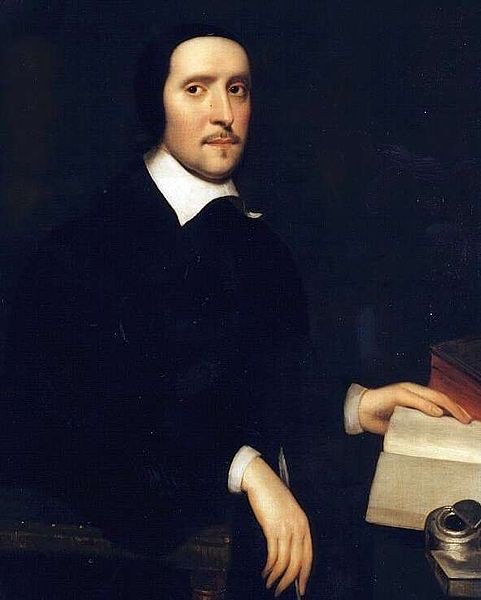
2/
"Nothing does so establish the mind amidst the rollings and turbulence of present things, as a look above them and a look beyond them — above them, to the steady and good hand by which they are ruled, and beyond them, to the sweet and beautiful end to which, by that hand, they will be brought."
-- Jeremy Taylor
"Nothing does so establish the mind amidst the rollings and turbulence of present things, as a look above them and a look beyond them — above them, to the steady and good hand by which they are ruled, and beyond them, to the sweet and beautiful end to which, by that hand, they will be brought."
-- Jeremy Taylor
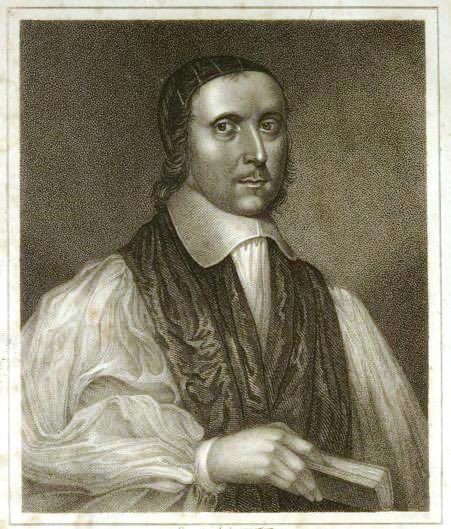
3/
Jeremy Taylor (1613-1667) was an influential Anglican clergyman, theologian, and writer known as the "Shakespeare of Divines" for his poetic prose style.
He served as chaplain to King Charles I and later became Bishop of Down and Connor in Ireland after the Restoration.
Jeremy Taylor (1613-1667) was an influential Anglican clergyman, theologian, and writer known as the "Shakespeare of Divines" for his poetic prose style.
He served as chaplain to King Charles I and later became Bishop of Down and Connor in Ireland after the Restoration.
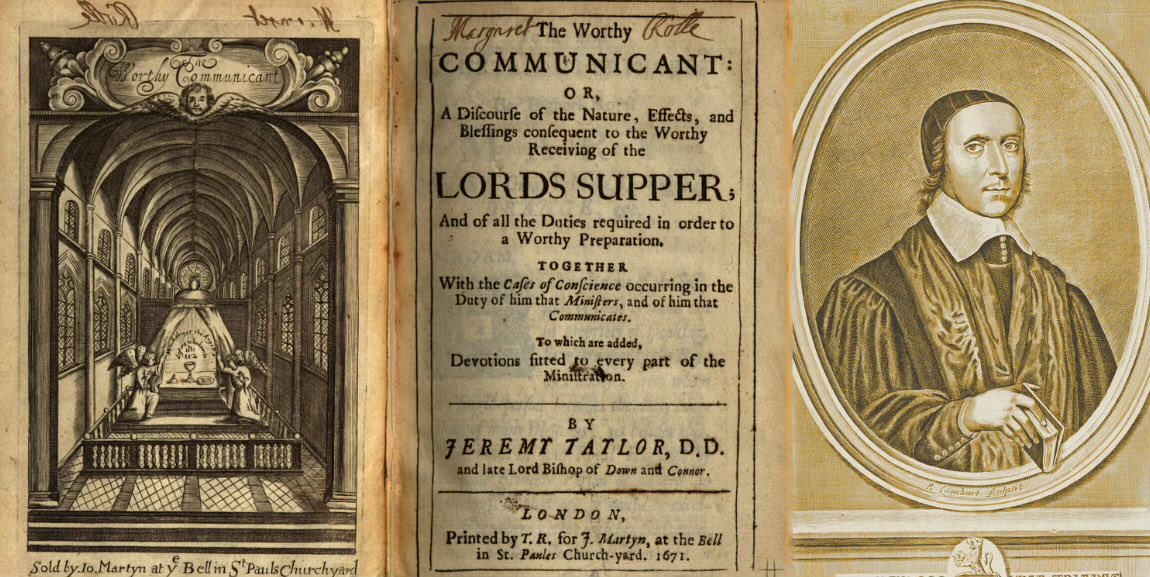
4/
Taylor wrote influential devotional works during his forced retirement in Wales, including "Holy Living" (1650) and "Holy Dying" (1651), which provided spiritual guidance to Anglicans during tumultuous times.
Taylor wrote influential devotional works during his forced retirement in Wales, including "Holy Living" (1650) and "Holy Dying" (1651), which provided spiritual guidance to Anglicans during tumultuous times.
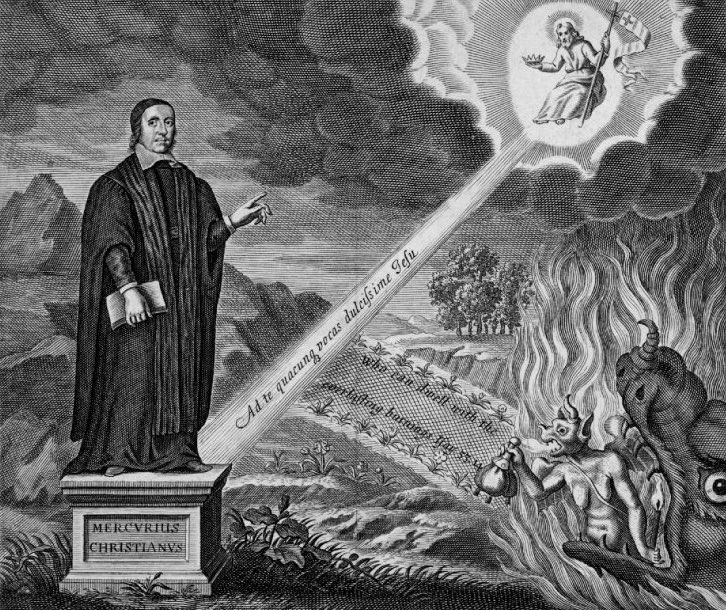
5/
His "Liberty of Prophesying" (1647) was a seminal work advocating for religious toleration in 17th century England.
Taylor emphasized the practical application of theological concepts in daily Christian life, integrating speculative theology with moral living and spiritual exercises.
His "Liberty of Prophesying" (1647) was a seminal work advocating for religious toleration in 17th century England.
Taylor emphasized the practical application of theological concepts in daily Christian life, integrating speculative theology with moral living and spiritual exercises.
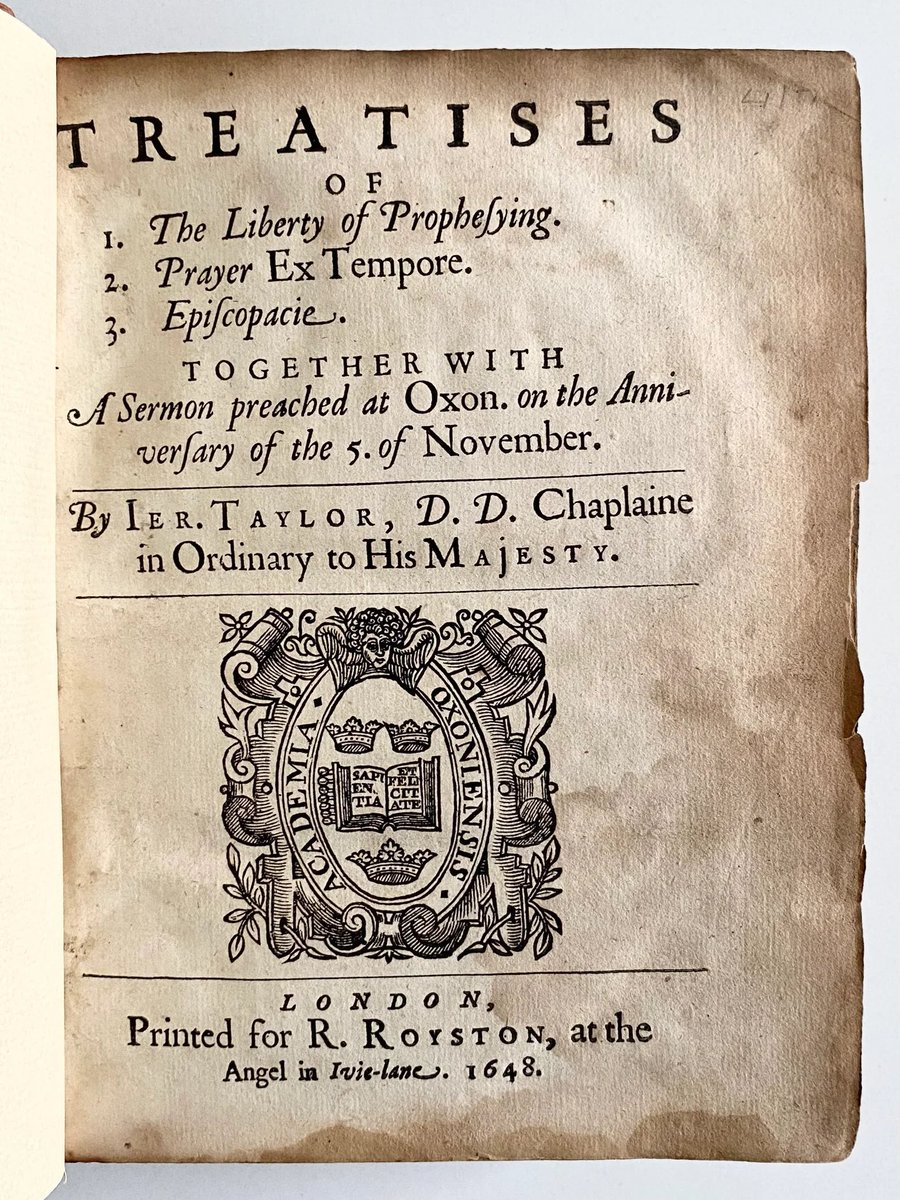
6/
He is commemorated in the liturgical calendars of Anglican churches for his contributions to Anglican spirituality and theology.
He is commemorated in the liturgical calendars of Anglican churches for his contributions to Anglican spirituality and theology.
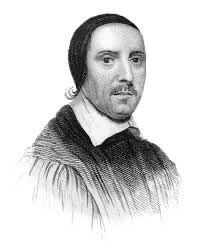
8/
🙏🏻
O God, our heavenly Father, who didst raise up thy faithful servant Jeremy Taylor to be a pastor in thy Church and to feed thy flock: Give abundantly to all pastors the gifts of thy Holy Spirit, that they may minister in thy household as true servants of Christ and stewards of thy divine mysteries; through Jesus Christ thy Son our Lord, who liveth and reigneth with thee, in the unity of the Holy Ghost, ever one God, world without end.
Amen
🙏🏻
O God, our heavenly Father, who didst raise up thy faithful servant Jeremy Taylor to be a pastor in thy Church and to feed thy flock: Give abundantly to all pastors the gifts of thy Holy Spirit, that they may minister in thy household as true servants of Christ and stewards of thy divine mysteries; through Jesus Christ thy Son our Lord, who liveth and reigneth with thee, in the unity of the Holy Ghost, ever one God, world without end.
Amen
@threadreaderapp unroll
🧑🧑🧒🧒We’re a church without a building right now.
🙋🏻♂️Can you help us?
⛪️We can do so much more to bring people to Jesus and to serve the community if we had a building of our own.
🥅Please donate or share to reach our goal.
Thank you.
🙏🏻
👉🏻 democracythree.org/saveachurch
🙋🏻♂️Can you help us?
⛪️We can do so much more to bring people to Jesus and to serve the community if we had a building of our own.
🥅Please donate or share to reach our goal.
Thank you.
🙏🏻
👉🏻 democracythree.org/saveachurch
• • •
Missing some Tweet in this thread? You can try to
force a refresh


